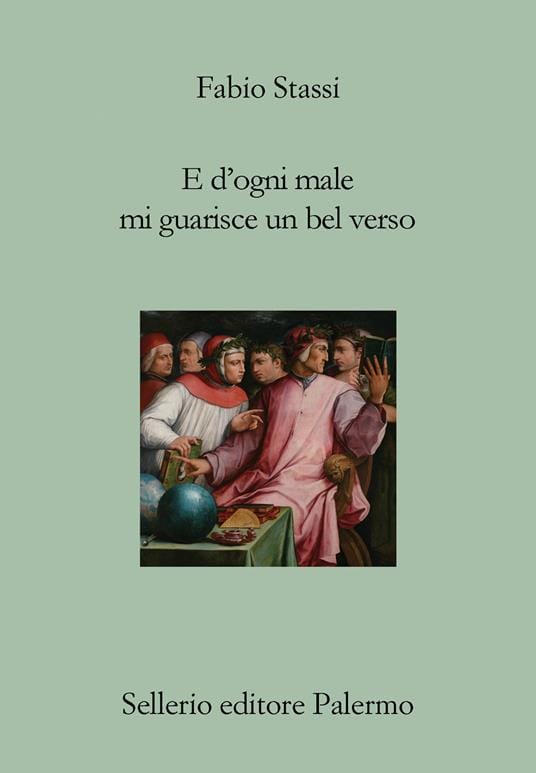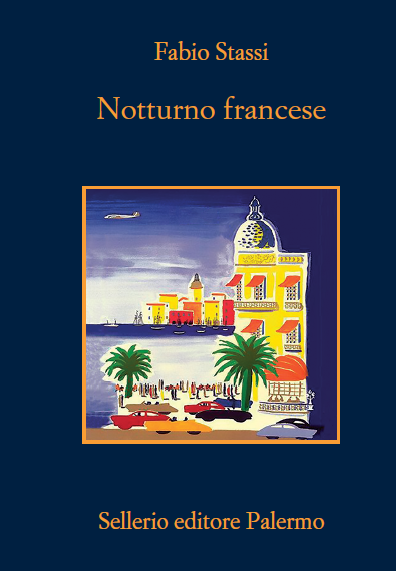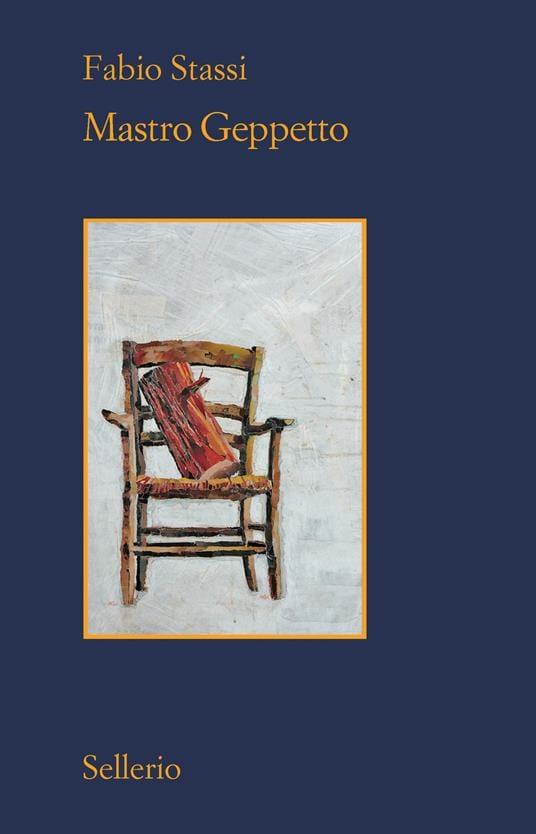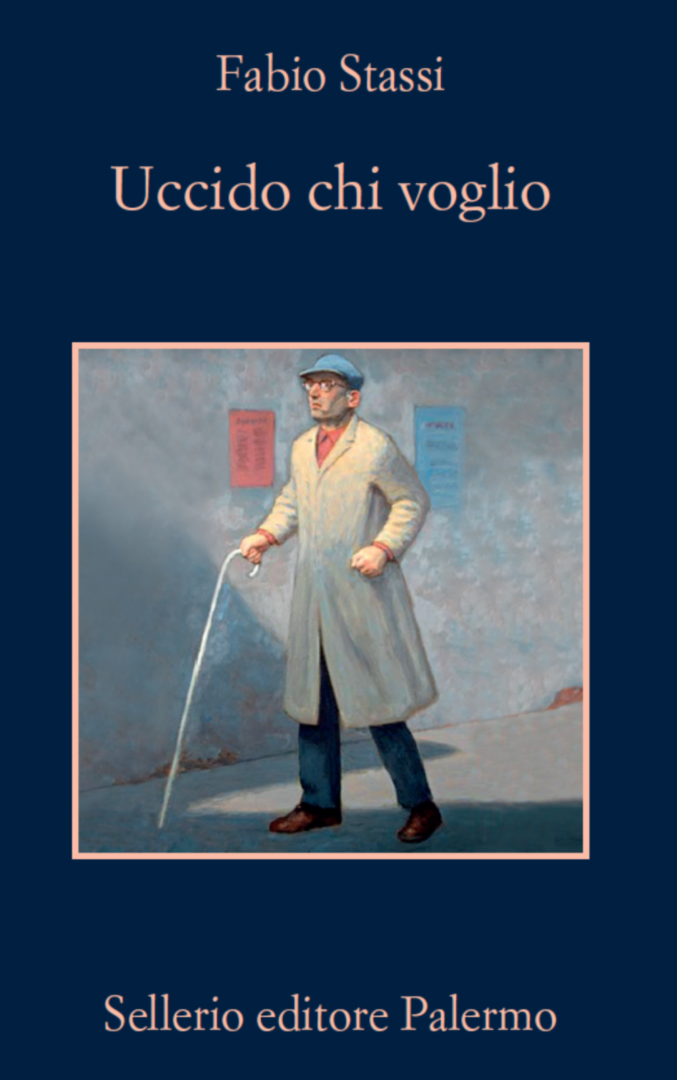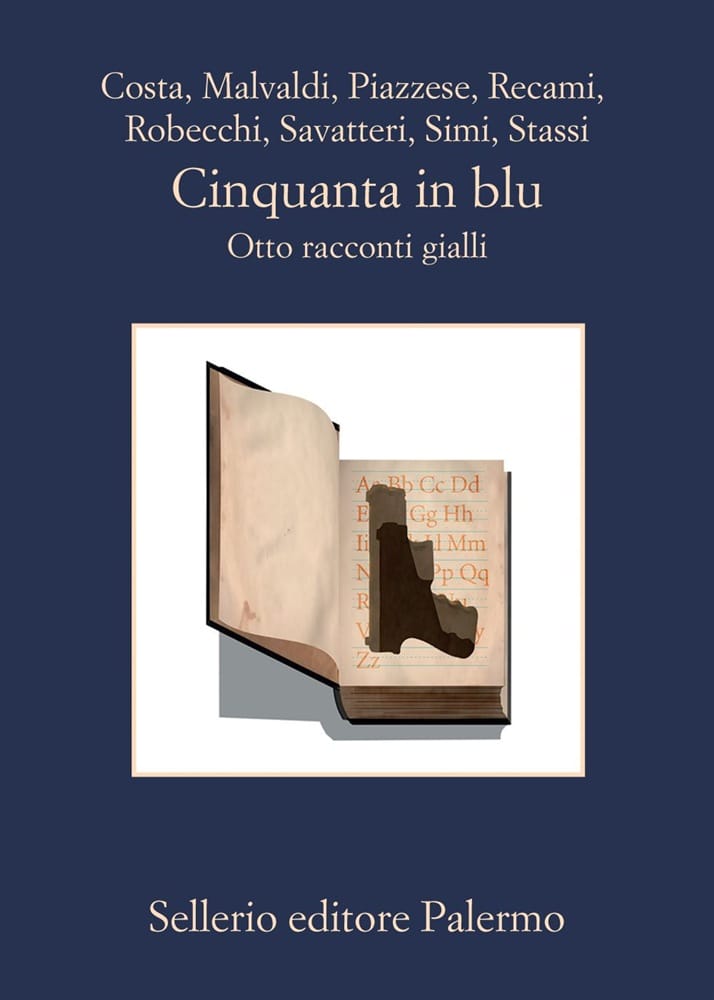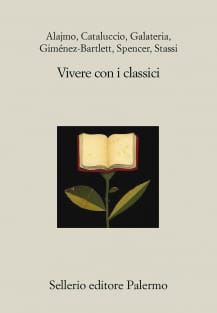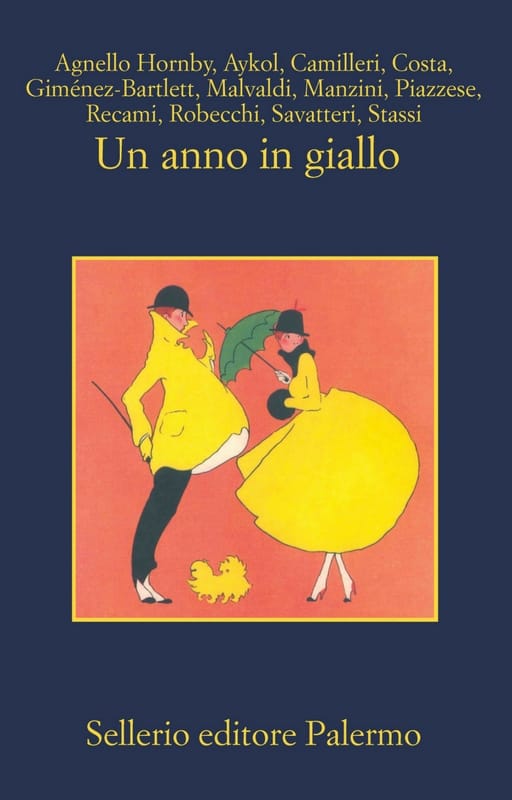Fabio Stassi
Fabio Stassi was born in Rome in 1962. He is a librarian at La Sapienza University. He has published for Minimum fax È finito il nostro carnevale (2007), La rivincita di Capablanca (2008), Il libro dei personaggi letterari. Dal dopoguerra a oggi (2015) and Con in bocca il sapore del mondo (2018).
With Sellerio he has published: L’ultimo ballo di Charlot, translated into nineteen languages (2012, Premio Selezione Campiello 2013, Premio Sciascia Racalmare, Premio Caffè Corretto Città di Cave, Premio Alassio Centolibri), Come un respiro interrotto (2014), a contribution to the anthology Articolo 1. Racconti sul lavoro (2009), Fumisteria (2015, formerly Premio Vittorini for best debut) Angelica e le comete (2017), Mastro Geppetto (2021, Premio Dessì 2022, Premio Benedetto Croce 2022, Premio Stresa 2022) and the “discourse” on the therapeutic power of Dante's verses E d’ogni male mi guarisce un bel verso (2023); and also the novels starring bibliotherapist Vince Corso, La lettrice scomparsa (2016, Premio Scerbanenco), Ogni coincidenza ha un’anima (2018), Uccido chi voglio (2020), Notturno francese (2023). He also edited the Italian edition of Curarsi con i libri. Rimedi letterari per ogni malanno (2013, 2016) and Crescere con i libri. Rimedi letterari per mantenere i bambini sani, saggi e felici (2017).
In 2024 he received the Hermann-Kesten Preis from PEN Germany, in tribute to what Iraqi writer Najem Wali called “the cosmopolitan and humanist character of the author.”
His last book is Bebelplatz (Sellerio 2024).

